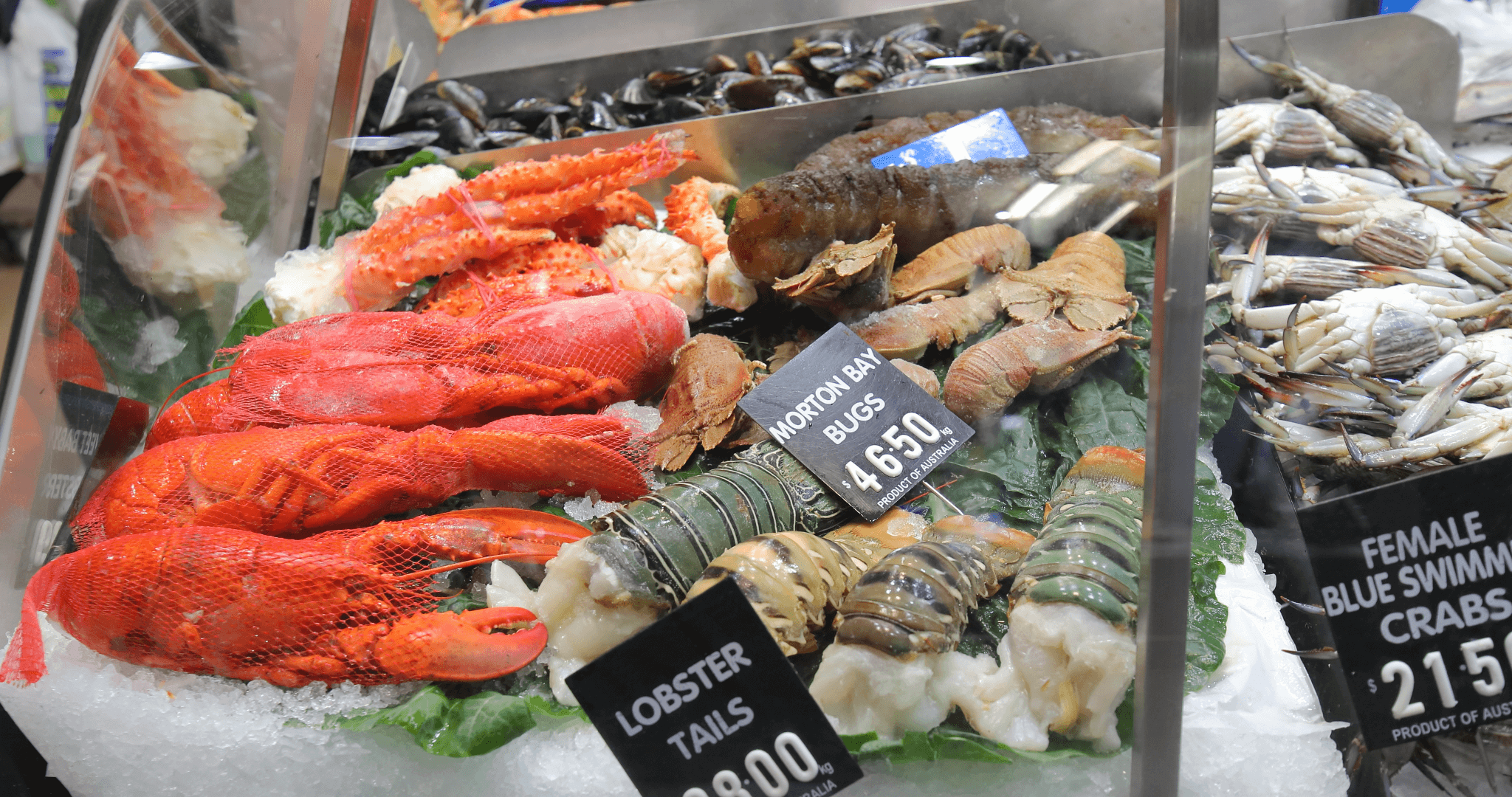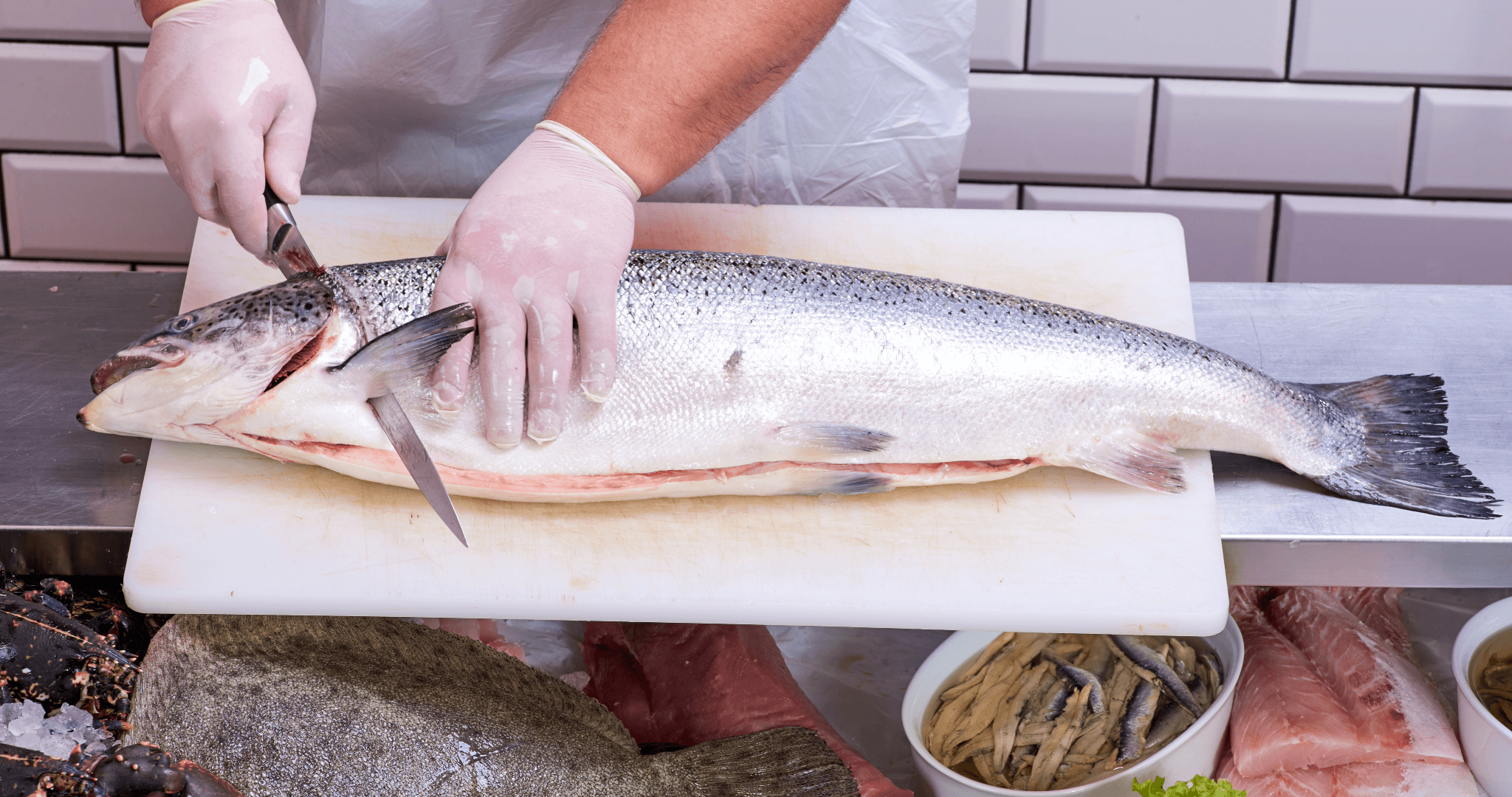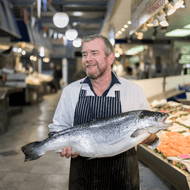Australia's Seafood Scene Gets a Transparency Boost with Mandatory Origin Labelling
Posted by Emma on 30th Nov 2023 Reading Time:
A significant transformation is on the horizon for the Australian hospitality industry, promising to bring newfound transparency and information to seafood sourcing. In a recent development, the Australian government has implemented sweeping changes to food labelling regulations, which will have a profound impact on the business landscape, particularly within the hospitality sector.

Under these new rules, seafood's country of origin will now be a mandatory disclosure requirement for hospitality venues, marking a historic milestone in Australia's food industry. While retail products have adhered to country-of-origin labelling since 2018, the same level of consistency has not extended to seafood served in restaurants and cafes until now.
In essence, this mandates that restaurants and takeaways, including beloved local fish and chip shops, must now provide their customers with precise information regarding the origins of the fish and seafood they serve. A user-friendly labelling system is set to be introduced on menus, employing "A" to signify Australian, "I" for imported, and "M" for mixed-origin seafood.
This pivotal decision follows the government's commitment, announced last year, to allocate $1.6 million towards expanding Australia's country of origin labelling regulations. This move is aimed at empowering consumers with the knowledge they need to make informed choices.
During a pivotal meeting among state and federal consumer affairs ministers, unanimous support was garnered for the implementation of these groundbreaking regulations. While the exact enforcement date remains unconfirmed, businesses operating in the hospitality sector will be afforded a transition period to adapt to these changes, with further details set to be unveiled next year.
Veronica Papacosta, CEO of Seafood Industry Australia, expressed her elation at the decision, remarking, "It has been 15 years of campaigning. Consumers should have the right to make informed choices about the food they purchase and consume. With 62 per cent of seafood consumed in Australia being imported, it is imperative that consumers dining out have access to clear and accurate information about the origin of the seafood they are served."

Now, businesses within the Australian hospitality industry are presented with opportunities and challenges as they navigate implementing these mandatory country-of-origin labelling rules. The effects of this transformation will likely ripple through supply chains, menus, and consumer expectations, making it essential for businesses to prepare for this change proactively.
As the Australian hospitality industry evolves, one might also contemplate whether a similar initiative would be welcomed within the UK's business landscape. Could we see "B" for British, "I" for imported, and "M" for mixed-origin seafood in the UK?
Please share your thoughts and considerations in the comments section below.

